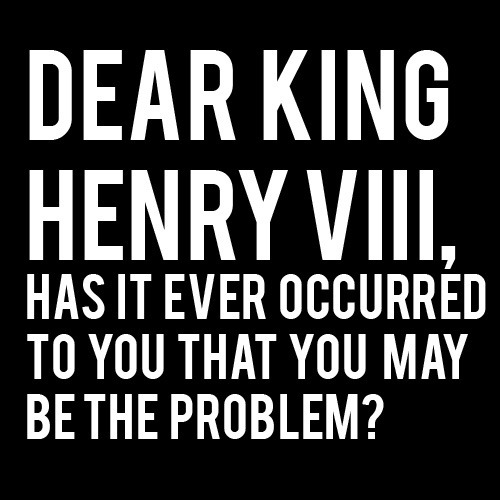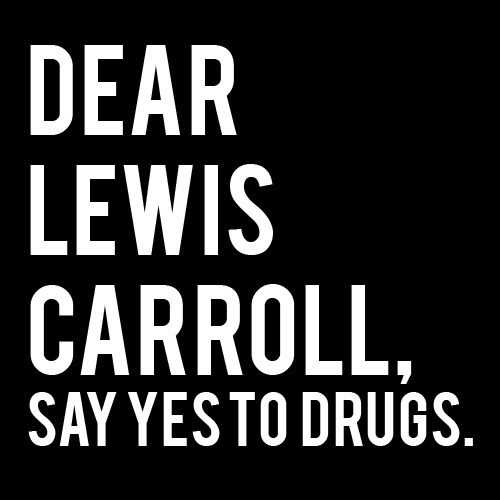Fundamental to the study of economics is the idea of a market within which supply meets demand at some price/quantity level which then becomes the equilibrium. This is such a central idea for economics because it describes the world as one big market (the macroeconomy) within which there are many smaller markets (regional markets, final good markets, factor markets and so on). So it's a pretty big deal when the market fails. One of the main ways that a market can fail, and also a good reason why economic models aren't the best descriptors of how the world works, is when the information in the market is not perfect.
Perfect information is required because buyers and sellers in a market need to know all the information that will impact their decisions, so that they can make efficient decisions and thus get the market pricing and signalling correct. However, it is rarely ever the case that all such information is available. Usually the situation that exists is one of 'asymmetric information', where one side of the bargain has more information than the other side has, and so is able to manipulate the party with inferior information to take advantage of the situation. There are two resulting outcomes that can occur from this: adverse selection, and moral hazard.
The main example used for the analysis of imperfect information is health insurance. There is asymmetric information because while the customer is capable of knowing everything about themselves, the insurer is not. The insurer is trying to make a profit by signing up lots of low risk/good health customers, to subsidise the payouts that they have to make for the weaklings. However, healthy people don't find it hard to pay their health bills and so are less likely to purchase health insurance in the first place, and so the insurer is likely to get lumped with a lot of sickly people. This situation is adverse selection, as more of the 'low quality' product has entered the market than the 'high quality' product, the low quality product is more likely to be selected. Here, this means that while the insurer needs lots of healthy people to make a profit, because they don't have full information about the unhealthy ones, they end up with a lot of sickly people, and have to pay them out and reduce their profits.
The other issue that arises is that once people have bought health insurance, and so know that they won't have to pay their health bills, they become less concerned about getting sick, and accordingly do not take as good care of themselves as they would have otherwise. This is moral hazard: the adverse behaviour that occurs by allowing people to buy insurance for an event.
But what makes economics even better is that you can use it to look at situations which aren't obviously economic. Take, for example, the situation that follows. Because it is one of my favourite novels, I've used the characters from Persuasion and their backstories for assistance:
Let's introduce two characters to begin with: Anne Elliot and Frederick Wentworth. Anne, the daughter of Sir Walter Elliot, was a member of the landed gentry. Wentworth was a man of the navy, who, while not a member of the landed gentry, due to his profession and his calibre, was guaranteed social mobility. Despite this, Anne and Wentworth had a lot of interests in common and soon became romantically involved. Those who knew the couple were extremely envious. However, as the relationship went on, as always does happen, but people never seem to expect it, Anne and Wentworth had to work harder at the relationship. Although Wentworth was never made aware, because Anne didn't want to let it on, Anne was becoming distracted by her sister, who was becoming worryingly and increasingly ill. Understandably, receiving less attention, combined with the fact that Anne was a bit of a prude, upset Wentworth.
One night, without Anne, Wentworth attended a ball. Beaten down by Anne's apparent inattentiveness, Wentworth propositions Henrietta Musgrove, who disapproves initially, but later comes around. Distressed by the evening's happenings, Wentworth decides that he cannot tell Anne of what happened, and so leaves her.
Anne knew intuitively that there was something about the situation that didn't add up. Wentworth had told her that he was no good for her and so must leave her, but could only vaguely describe why. When pressed, the ambiguity remained. It was not until Charles Hayter, who was also interested in Henrietta, approached Anne, that she received near perfect information on the situation.
So for all that time, Anne had been moping because she thought that it was her own conduct that had driven Wentworth away. It was definitely a factor in why Wentworth left, but Wentworth put the nail in the coffin (to use one of my mother's expressions).
The issue remains, what should Anne do? For the first time since Wentworth had left her, she knew exactly what to say to him. How dare Wentworth treat her with such cold politeness, and make her feel like he was being generous in even talking to her, when he was the one who transgressed? But no, that would be too dramatic and impulsive for a character like Anne, who despite being very Romantic (capital R = the literary period, not loving, just to clarify) in her own mind, is dominated by a sense of duty to her family and to the prevailing social order. She doesn't act out of line. She takes it with a typically Augustan calm. She forgives him. She moves on.
Anne forgives Wentworth because she knows that he too has had a hard time and felt a lot of guilt about the situation, perhaps for different reasons, but still, unhappiness nonetheless. Bizarrely, the one thing that upset her the most was that Wentworth didn't just tell her the truth. The strange thing about the truth is that the more we try to conceal it, the more likely it seems to be that it will come out somehow. This is because the truth, as Winston Churchill said, is incontrovertible. Malice may attack it and ignorance may deride it, but in the end, there it is.
So I guess what that long and rambling narrative was meant to show is that as well as in relations between corporates and businesses and other money making entities, imperfect information can impact relations between friends and even my beloved Jane Austen characters. If Anne and Wentworth could have just told each other the truth, they could have saved each other a lot of economically suboptimal decisions further along the line. Although, I'm not going to lie, Jane Austen stories do lose their appeal somewhat when you think of them in terms of economics and market failure. And there is still another half of the novel to get through.



















